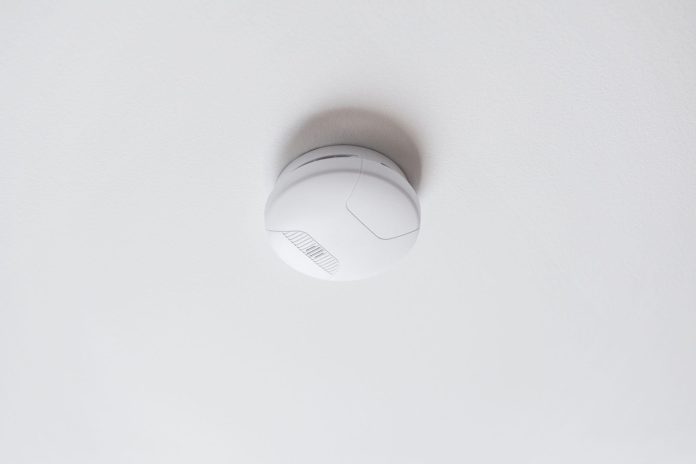Fire safety is a priority for both residential and commercial spaces. The risk of property damage, injuries, and loss of life makes having an effective fire safety setup essential. Fire detection systems are designed to detect early signs of fire and alert occupants before the situation escalates. Whether you are protecting a small home or a large business, knowing the role of a fire detector and how different systems operate can help you choose the proper protection strategy.
What are the Basics of Fire Detection Systems?
A fire detection system is an integrated setup that monitors an area for signs of fire, such as smoke, heat, or flames, with the most common component being the fire detector. This device senses changes in the environment and sends a signal to a control panel or alarm. These systems can be standalone devices or part of a broader safety network that includes sprinklers, suppression systems, and emergency communication tools.
For homes, the system might be as simple as interconnected smoke alarms that trigger across the property when one detects danger. In businesses, fire detection systems often have more advanced configurations, including multiple types of detectors, central monitoring stations, and links to emergency services.
Types of Fire Detectors and Their Applications
Fire detectors vary in technology and purpose. Smoke detectors are common in residential areas, with optical and ionisation models designed to detect smouldering or flaming fires. Heat detectors are more suitable for environments where smoke or dust could cause false alarms.
Flame detectors, often used in industrial and high-risk environments, can sense infrared or ultraviolet light emitted by flames. Multi-sensor detectors combine several technologies to provide faster and more accurate fire detection, making them a popular choice for businesses that require higher levels of protection.
Benefits of Installing Fire Detection Systems
The primary advantage of fire detection systems is the ability to detect hazards early, as this early warning allows occupants to evacuate safely and provides critical time for fire services to respond. In commercial settings, these systems can reduce downtime, protect valuable assets, and ensure compliance with safety regulations.
For homeowners, having a functioning fire detector can be the difference between containing a minor incident and facing widespread damage. Insurance providers may also offer reduced premiums to properties equipped with certified fire detection systems, recognising their role in risk reduction.
Key Considerations When Choosing a System
Selecting the right system for safety solutions depends on factors such as the size of the property, the nature of activities within it, and the level of risk involved. Residential properties may only require basic smoke alarms, while large businesses might need networked systems with multiple types of detectors, centralised monitoring, and integration with fire suppression equipment.
It is also important to consider maintenance requirements. Detectors need regular testing and battery replacements to function effectively. In commercial environments, systems should be inspected according to industry standards to ensure compliance and performance.
Maintenance and Testing Best Practices
Even the most advanced fire detection systems are ineffective without proper upkeep. Homeowners should test smoke alarms monthly and replace batteries at least once a year, and businesses must follow a scheduled maintenance plan that includes professional inspections, functional testing, and component cleaning.
Keeping records of maintenance is also essential, especially for businesses, as it can serve as proof of compliance with safety regulations. A well-maintained fire detector ensures reliable performance when it matters most.
Conclusion
An effective fire detection system is a critical part of any home or business safety plan. From simple smoke alarms to advanced multi-sensor setups, these systems provide early warnings that save lives and protect property. When you understand the various types of detectors, their applications, and the importance of regular maintenance, it can help you choose the right system for your needs. By investing in proper fire detection measures, you can significantly reduce the risks associated with fire emergencies.
Protect your property with reliable fire detection systems. Contact Atlas Technologies Corporation today to explore options that suit your safety needs.






